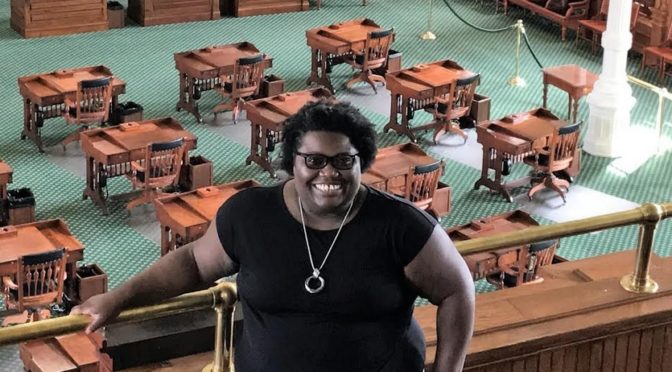TLCQ 2018: Fran Watson
In the Seventh installment of the 2018 Texas Leftist Candidate Questionnaire, we hear from Fran Watson, candidate for the Texas State Senate, District 17.
Please note: Responses have been received directly from the candidate, and have been posted ver batim from the email received. This is done out of fairness to all candidates. Publishing … Continue Reading ››
